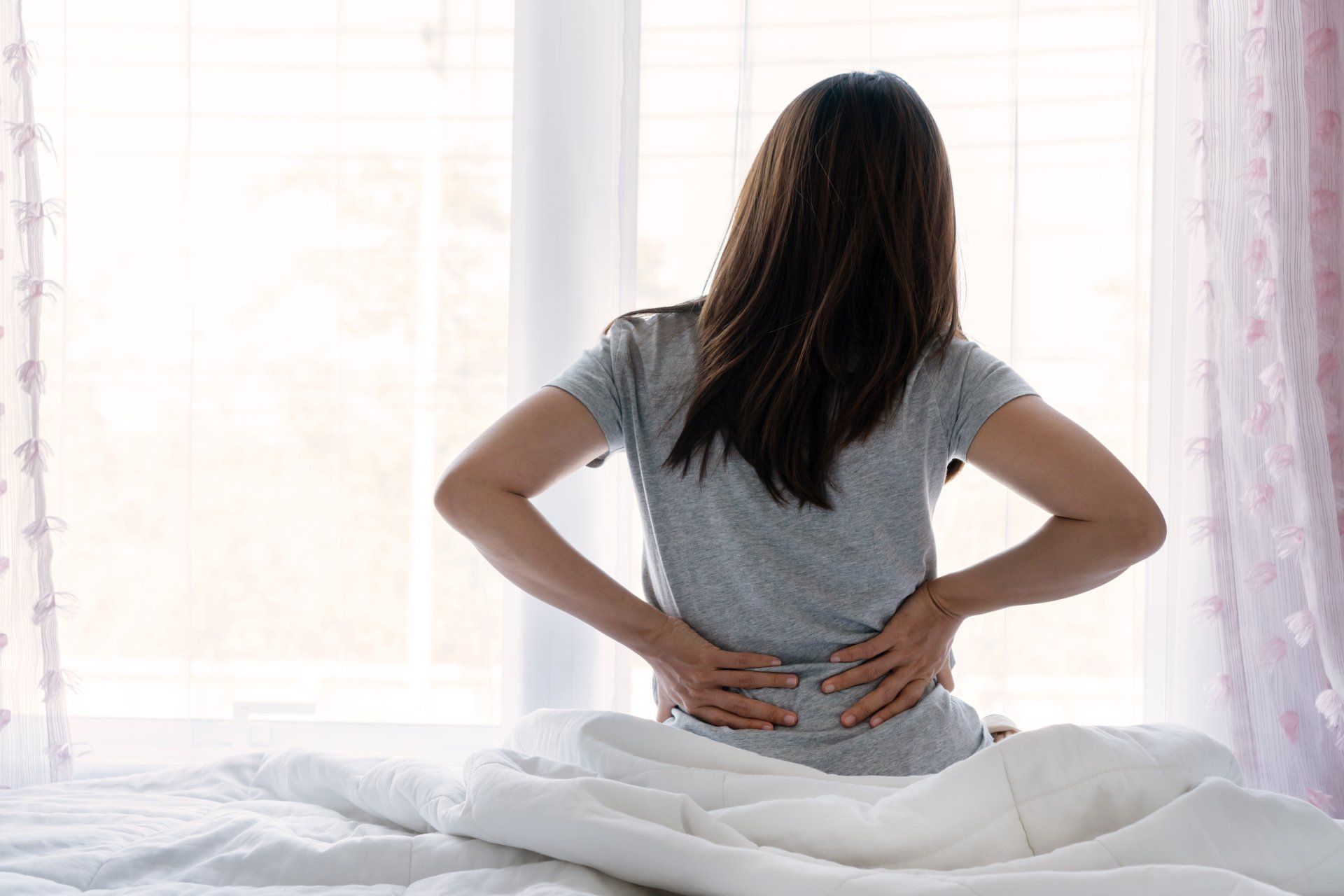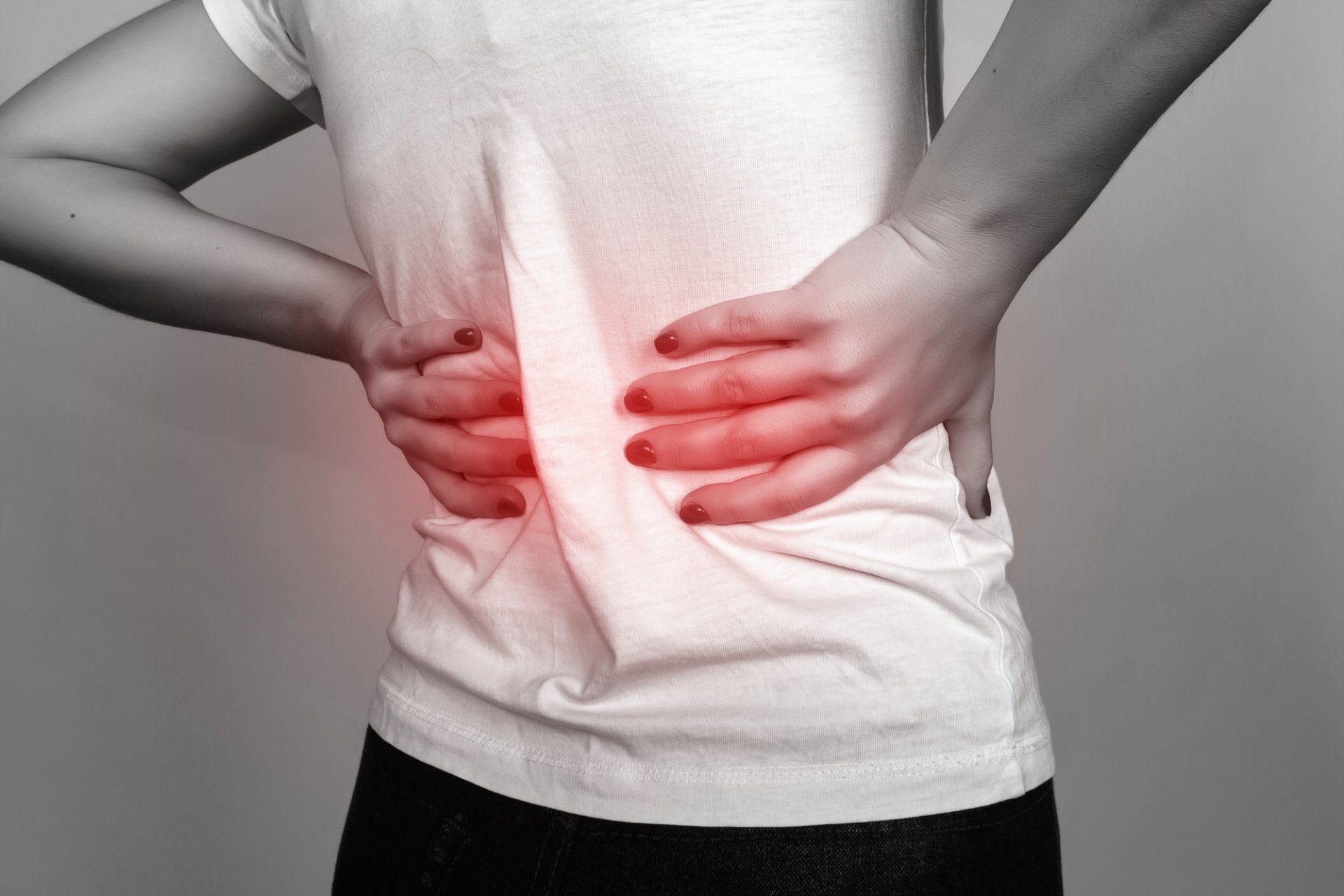How To Reduce Lower Back Pain At Night?
Back pain ranges from mild to severe and can be short-termed or persistent. When acute, it might be debilitating and affects almost all aspects of daily life, including sleep. Pain and sleep have a complex relationship. Pain can disturb sleep, and lack of sleep can cause a person to experience more pain. Furthermore, a sleeping position or mattress that does not support the lumbar spine can trigger or worsen lower back pain.
Understanding the link between sleep and lower back pain offers new ways to find relief. Quality sleep can help relieve or prevent back pain. Knowing how to sleep with back pain can also help manage it and contribute to healing and recovery.
How to Manage Sleep with Lower Back Pain?
Getting a night of sound sleep is an imperative part of recovery from back pain, but good sleep can seem an arduous task when your back hurts. Some practical tips can help with this, such as:
- Find A Supportive Sleeping Position: Ideally, you can sleep on your side, but regardless of sleeping position, ensure that your spine is aligned correctly. If necessary, use extra pillows to support the body.
- Become a Black Sleeper: The best sleeping position is lying on your back when suffering from backache. You can make this position even more comfortable by placing a pillow under your knees to reduce pressure on your back. Avoid sleeping on your stomach as it can worsen back pain and put pressure on the spine.
- Try a New Pillow: Get rid of your old pillows and try using some comfortable ones to improve your sleep. It is best to use a pillow that keeps the cervical spine in a neutral position, making sure the back is aligned and supported.
- Update Your Mattress: To get your spine just aligned while sleeping, use a suitable mattress. That hints at something different for everyone, but a medium-firm mattress is usually a good choice.
- Try Relaxation Techniques: Finding relaxation measures can put you in a sleep-friendly mood with less focus on the pain.
- Hit the Gym: Regular physical activities like gentle stretching and yoga can also help reduce stress, relieve pain, and improve sleep quality.
- Use of Heating Pads: Heat helps relax stiff muscles and can also lessen pain. Take a hot shower or use a heating pad to loosen stiff, aching muscles before bed.
- Reducing Potential Sleep Disturbances: If you wake up at night inadvertently, the pain can make it difficult to get back to sleep. Try to eradicate excess sound and light from your bedroom or block it with a sleep mask or earplugs. Set your bedroom to a comfortable temperature overnight.
- Develop Effective Sleep Hygiene Habits: Good sleep habits, such as avoiding alcohol or caffeine, turning off digital screens, and sleeping on time, can help relieve back pain.
When to See A Chiropractor?
- Pain is debilitating
- Pain radiates to the legs or other parts of the body
- Pain persists for more than a few days or gets worse
- You feel weakness or numbness in your lower body
- There are signs of infection like redness, swelling, or fever
Why Consider Chiropractic Treatment?
According to the American Chiropractic Association, chiropractors treat several health issues, including back pain, neck pain, headaches, ligament disorders, and injuries. Chiropractors undergo extensive training to diagnose and treat musculoskeletal problems.
The Takeaway
Do not accept back pain as the norm. If your chronic pain continuously affects your sleep, talk to a chiropractor about other options, such as enrolling in a pain management clinic to seek complementary therapies like physical therapy or dry needling massage.
Recent Articles

Blogs and Articles












